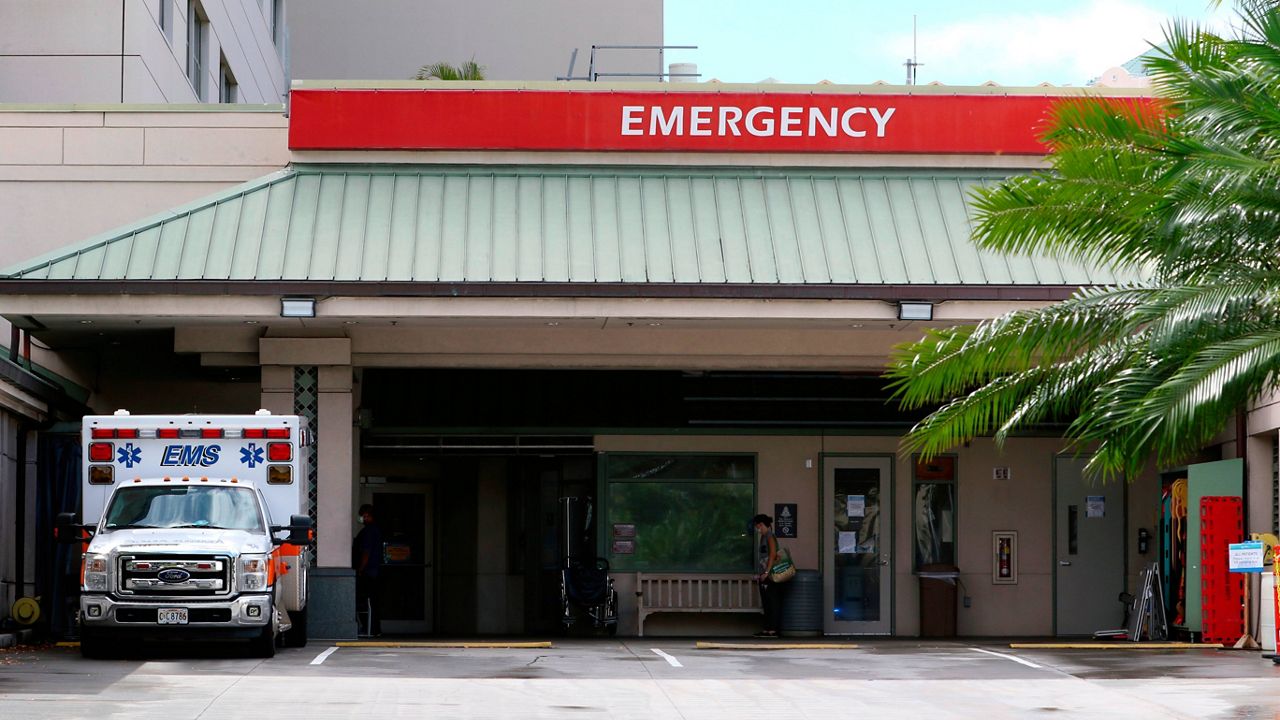People incurring medical debt will soon be less likely to see their credit scores suffer.
What You Need To Know
- The country’s three major credit reporting agencies — Equifax, Experian and TransUnion — announced Friday that they are making changes that will remove nearly 70% of medical collection debt from consumer credit reports
- Starting July 1, paid medical debt will no longer be included on credit reports, and agencies also are extending the time period from six months to a year before unpaid debt appears on reports
- And in the first half of 2023, Equifax, Experian and TransUnion will stop including medical debt under $500 on credit reports
- According to the Kaiser Family Foundation, two-thirds of medical debts are the result of a one-time or short-term medical expense related to an acute medical need
The country’s three major credit reporting agencies — Equifax, Experian and TransUnion — announced Friday that they are making changes that will remove nearly 70% of medical collection debt from consumer credit reports.
“Medical collections debt often arises from unforeseen medical circumstances,” the CEOs of the agencies said in a joint statement. “These changes are another step we’re taking together to help people across the United States focus on their financial and personal wellbeing. As an industry we remain committed to helping drive fair and affordable access to credit for all consumers.”
Starting July 1, paid medical debt will no longer be included on credit reports. Currently, it can remain on reports up to seven years, even after being paid off.
The agencies also are extending the time period from six months to a year before unpaid debt appears on credit reports, giving people more time to work with insurance companies or health care providers to resolve the debt.
And in the first half of 2023, Equifax, Experian and TransUnion will stop including medical debt under $500 on credit reports.
The agencies said they made the change after months of industry research.
According to the Kaiser Family Foundation, two-thirds of medical debts are the result of a one-time or short-term medical expense related to an acute medical need.
A KFF and New York Times in 2016 found that one in five Americans with health insurance and 53% without insurance face problems with medical bills, leading many to spend less on food, clothing and basic household items; take an extra job; increase their credit card debt; or seek help from a charity.



